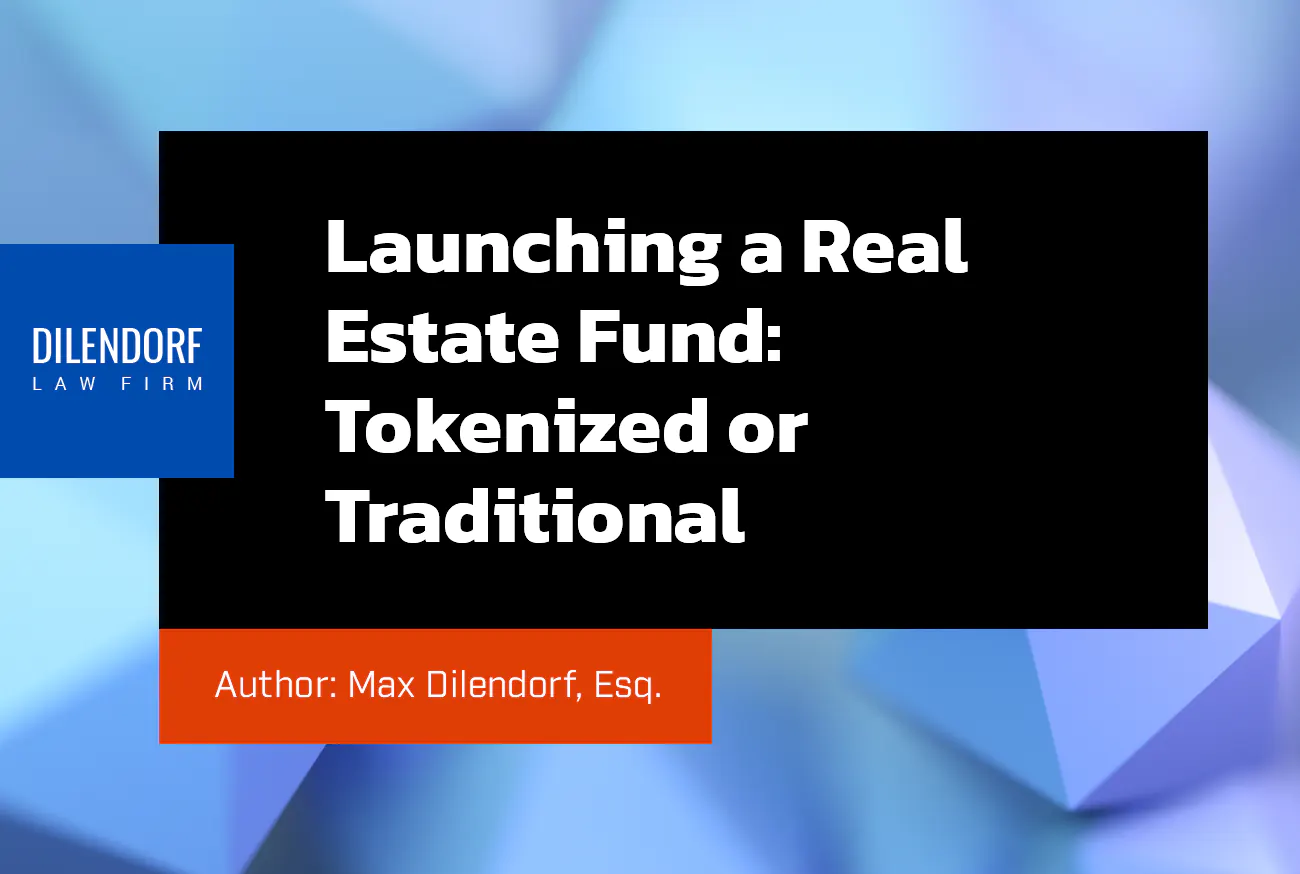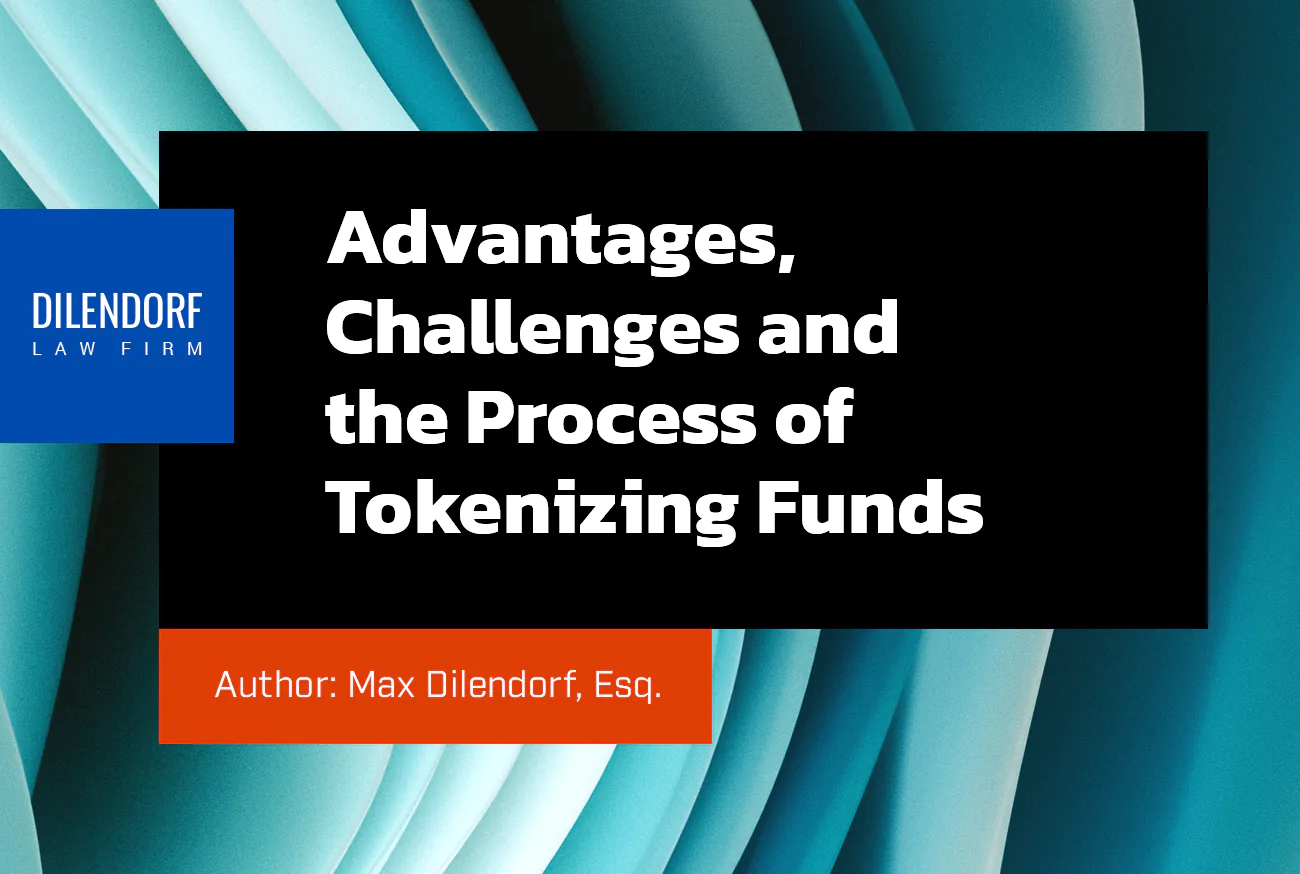Defining the Scope of RWA (Real World Asset) Tokenization
RWA Tokenization involves the process of offering and selling digital tokens that represent real-world assets and are classified as securities under US law.
Central to this concept is the application of the broad Howey test, which identifies a “security” as any contract, transaction, or scheme involving an investment of money (or other value) in a common venture, with the expectation of profits predominantly from the efforts of others.
Furthermore, tokens issued during RWA Tokenization processes are digital assets on a blockchain that comply with US security law definitions. These encompass various forms such as utility tokens (which represent platform functionalities), asset-backed tokens (signifying ownership of physical assets), fund tokens, equity tokens, or debt instruments like crypto bonds.
RWA Tokenization covers a diverse range of assets, including but not limited to:
- Shares in corporations, rendered as tokenized securities for enhanced liquidity and transferability;
- Interests in venture capital and real estate funds, tokenized for broader investment access;
- Real estate properties, offering fractional ownership through blockchain tokens;
- Valuable physical commodities like diamonds and precious metals;
- Artwork, luxury vehicles, and yachts, each tokenized to democratize investment;
- Business entity interests, including limited partnerships or profit-sharing arrangements.
Why Choose the United States for Your RWA Tokenization?
- Clear Legal Framework for Issuing and Selling Digital Securities: The United States offers a well-defined legal structure for issuing and selling digital securities, including those representing real-world assets, governed by specific placement rules such as Regulation D and Regulation S. Consequently, this clear regulatory environment provides a solid foundation for RWA Tokenization.
- Efficient Timeline for Preparation and Launch:The timeline for preparing and launching an RWA Tokenization in the U.S. can vary, ranging from 4 to 12 weeks based on the project’s complexity. This efficiency is particularly appealing because it obviates the need for SEC registration under the private placement exemption, thereby making the U.S. an attractive location for such initiatives.
- Accessibility for Non-US Issuers: Non-U.S. entities can offer and market digital securities representing real-world assets to U.S. investors via the Regulation D framework, without the need to register a company or maintain a physical presence in the United States. Consequently, this level of accessibility significantly boosts the appeal of the U.S. market for international RWA Tokenization projects.
Understanding the Advantages of RWA Tokenization
The process of tokenizing real-world assets provides companies and funds a novel means to raise capital, leveraging blockchain technology for benefits such as:
- Enhanced liquidity for assets traditionally considered illiquid;
- Streamlined access to global capital markets;
- The ability to fractionalize ownership, lowering entry barriers for investors;
- Improved transparency and security in transactions;
- More efficient management of investor relations and equity stakes.
Addressing the Risks Associated with RWA Tokenization
As RWA Tokenization becomes increasingly vital in asset management and capital formation, it is crucial for issuers to meticulously plan and execute their tokenization strategies.
This involves navigating the complex terrain of securities regulations, AML/KYC compliance, and tax considerations tailored to different asset types and entity structures.
As a result, issuers are equipped to leverage the transformative potential of blockchain technology while minimizing associated risks.
Before launching RWA (Real World Asset) Tokenization, issuers must address several practical considerations.
These include potential restrictions on the resale of tokens, limitations on trading across alternative exchange platforms in both U.S. and foreign jurisdictions, the number of investors, and the total capital raised.
Our lawyers possess in-depth knowledge of the legal and practical issues encountered in planning, developing, and offering tokens representing real-world assets in the US.
We support our clients in developing a comprehensive RWA Tokenization strategy that effectively anticipates and responds to emerging challenges.
RWA Tokenizations Can Be Conducted Under Exemptions from SEC Registration: Reg D, Reg S, Reg A+, Reg CF
Before any security, including tokens representing real-world assets, can be offered or sold in the US, it must either be registered with the Securities and Exchange Commission (SEC) or qualify for an exemption.
While registering a security is both costly and time-consuming, qualifying for an exemption allows the offering to bypass registration.
RWA Tokenizations are typically structured under one of the following exemptions from registration provided by the US Securities Act: Regulation D, Regulation S, Regulation A+, or Regulation CF.
Although these exemptions under SEC regulations remove the need for SEC registration, ensuring compliance with US securities laws remains a meticulous requirement to qualify for these exemptions.
Secondary Trading of RWA Tokens
To ensure a successful RWA Tokenization launch, issuers must meet compliance standards, establish a stable governance structure, and ensure their tokens are tradable on Alternative Trading System (ATS) platforms in the US, Europe, and Asia.
A critical aspect is ensuring the minted tokens are compatible with the chosen ATS platform, as different tokenization platforms and ATSs adhere to varying standards and protocols.
Consequently, issuers should engage with their preferred ATS platform before the primary issuance to ensure their tokens align with the platform’s configurations and comply with the pre-listing procedures required by the ATS.
While some ATS platforms provide comprehensive services including tokenization, marketing, and listing, thorough due diligence is essential to prevent potential issues.
Poorly structured or documented offerings may lead to features that are unenforceable for secondary trading, and incompatible tokens may necessitate a recall and replacement, which can be legally complex and costly.
Additionally, defects in RWA Tokenizations might not be rectifiable for legal compliance, potentially disqualifying the token from being listed on a regulated trading platform.
Therefore, planning for the secondary market well in advance is crucial to avoid potential value loss and liability for violating securities and other laws.
Notes on Choosing ATS and Broker Dealers for Your RWA Tokenization
Professional advisers can play a pivotal role in assisting issuers with selecting the most suitable ATS platforms and broker-dealers for their specific needs.
In making these decisions, it is critical to consider jurisdictional factors, such as the actively developing markets for tokens representing real-world assets and regulated tokenizations in Singapore, Malaysia, Thailand, and Gibraltar.
Furthermore, issuers should also weigh factors like offering density and the built-in blockchain interoperability protocols with other ATS platforms.
Depending on the nature of the asset and the size of the offering, it might be advisable to list on multiple ATS platforms across different locations to maximize exposure and reach.
Additionally, collaborating with a multinational broker-dealer can draw international investors, thereby unlocking new investment avenues that traditional markets might not offer.
Tokenization enables issuers to tap into these global pools of capital, fostering new markets and opportunities.
This can lead to significant efficiency gains, especially when broker-dealers and ATS platforms form close-knit consortiums, which can further benefit issuers.
However, it remains crucial to perform thorough due diligence before finalizing a broker-dealer and ATS.
This meticulous vetting process is essential to avoid the costly and disruptive process of burning and switching tokens should an initial choice prove unsuitable.
Helping Clients Through Every Stage of RWA Tokenization
Our attorneys represent a wide range of clients in all kinds of RWA Tokenizations, providing comprehensive services throughout the process, including:
- Conducting a comprehensive token analysis to determine whether the token is a security under US law;
- Determining the appropriate token structure;
- Determining the appropriate corporate structure for the tokenization (SPV/trust, fund, hybrid, etc.);
- Structuring the tokenization to qualify for an exemption from registration as security using Regulation D and Regulation S;
- Drafting private placement memorandum, investment agreements, and related documents;
- Developing AML/KYC policies and helping clients implement them to verify investors’ identities and eligibility to participate in the tokenization;
- Providing post-tokenization legal support, including advising our clients on secondary trading issues, subsequent usage of tokens, and the applicability of money-transmitter and other laws.
Tax consequences
Token issuers must consult professional tax advisers to develop a sound tax-planning strategy in the weeks and months before a tokenization. Any such strategy must account for (among other issues):
- The type of tokenized interest and the rights associated with the token;
- How income generated in the token sale will be treated for tax purposes;
- What reporting and withholding requirements may apply.
The IRS issued IRS Notice 2014-21, IRB 2014-16, as guidance for individuals and businesses on the tax treatment of transactions using virtual currencies.
The IRS also published Frequently Asked Questions on Virtual Currency Transactions for individuals who hold cryptocurrency as a capital asset and are not engaged in the trade or business of selling cryptocurrency.
Launching a tokenization of real-world assets is a highly complex process that requires thorough research and careful planning. Please read our Guide for Launching Real World Asset Tokenizations in the US.
Resources:














































